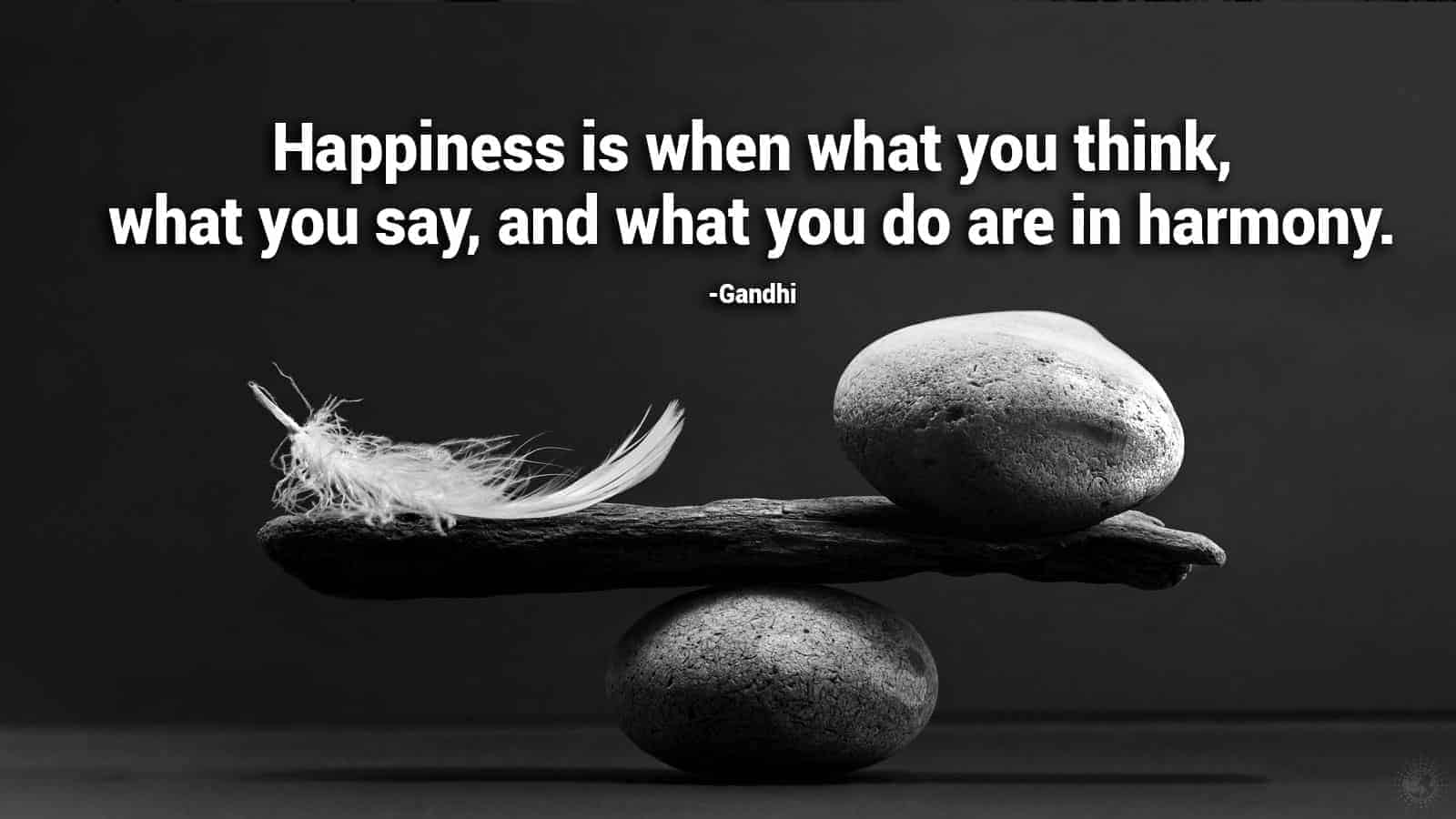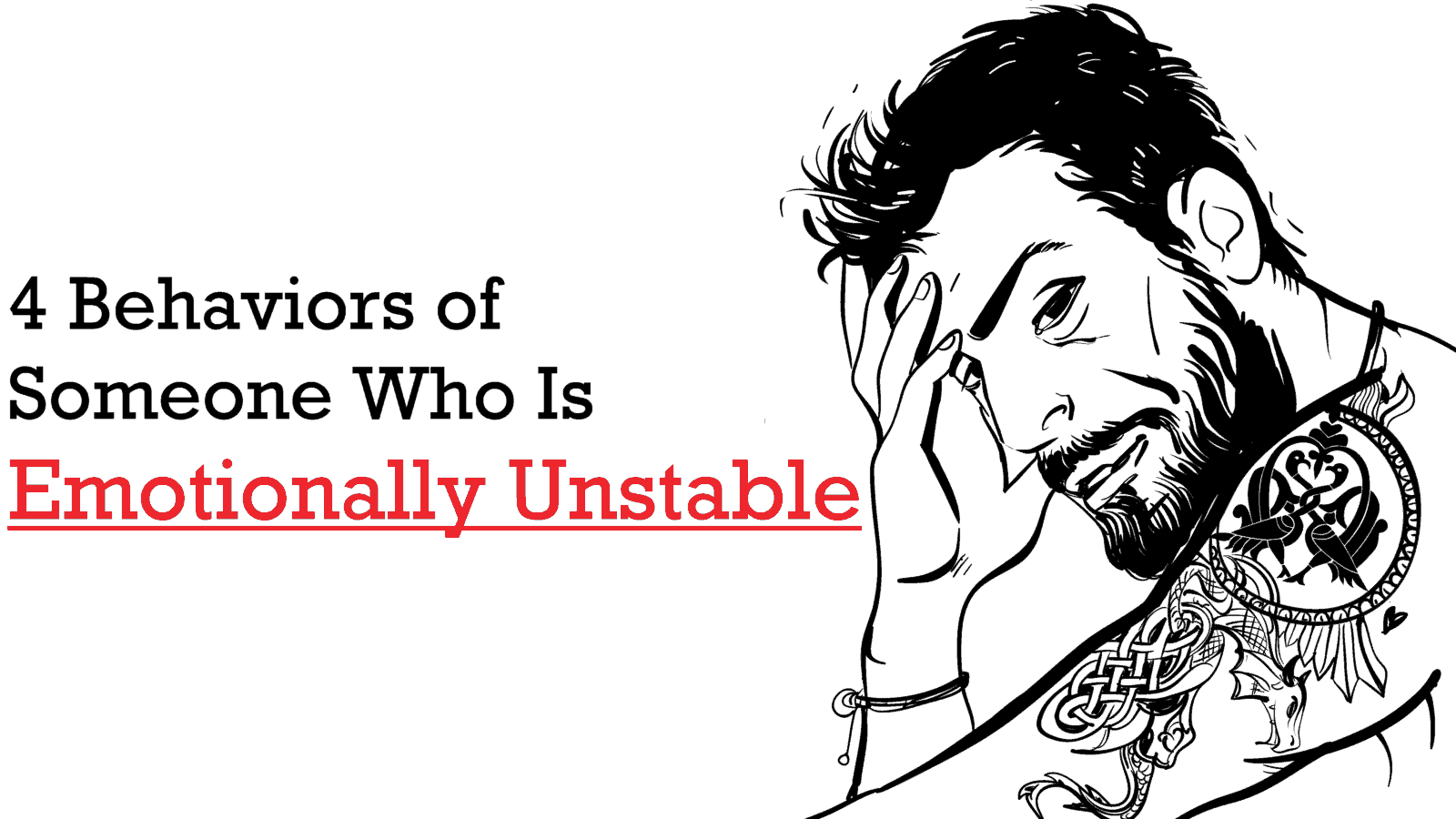Being emotionally unstable can signify a more significant issue within a person. In addition, an emotionally unstable person might have a personality disorder such as borderline personality disorder. It can also indicate childhood trauma, depression, or anxiety disorder. The signs of an emotionally unstable person can vary. They may show signs of depression and anxiety while exhibiting several behaviors that can affect themselves and the people around them.
Counselling Directory adds, “They may also have intense bouts of anger, anxiety or depression that can last several hours or even days. Mood swings will vary between periods of dysphoria to periods of euphoria, and from manic self-confidence to severe anxiety and irritability.”
If you know someone you suspect may be emotionally unstable, it’s essential to recognize the signs to understand them better and what they need. You’ll also be prepared to support them without allowing their behaviors to affect you personally or to get them the help that they need to work through these behaviors.
“Your emotions are very unstable and should never be the foundation for direction in your life.” – Joyce Me
Here Are Four Behaviors Of Someone Who’s Emotionally Unstable
Everyone experiences bouts of emotional or mental instability at some point in life. We must each deal with an unexpected death of a friend, a job loss, or heartbreak when we least expect it. Irrational thinking is an expected reaction–to a point. However, most of us can easily pull ourselves out of a tailspin after such an event.
But past traumas and mental illnesses can cause people to lack coping skills for dealing with it when life throws curve balls into their lives. And we should be concerned when this emotional instability becomes intrusive in someone’s life.
Identifying when someone lacks emotional stability can help avoid finding yourself in a challenging or unsafe situation. Look for these unstable behaviors.

1. Emotionally unstable people display impulsive actions
Someone who is emotionally unstable may be more prone to act impulsively. They may do things that could harm themselves and others without thinking it through.
For example, emotionally unstable people may be more likely to drive their cars extremely fast. Or they might drive under the influence of drugs or alcohol. Their impulsive actions are much more likely to be geared toward danger. In addition, they might also be more prone to impulsive spending or gambling. They have very little self-control and may not entirely understand delayed gratification. Doing these things may make them feel suitable for short periods because they cannot.
2. Emotionally immature people often have anger issues
One of the biggest hallmarks of an emotionally unstable person is an ongoing struggle with anger issues. An emotionally unstable person will often have issues controlling how they express their anger. They may snap back and forth between being perfectly pleasant and being furious. They’re not able to control their emotions healthily.
While they may just as well be prone to outbursts of sadness or happiness, their anger is much more damaging. They may shout and scream when they’re angry, or they may express their anger through violent actions. This doesn’t always mean they’ll physically harm the person they’re angry with, but they may slam doors and push objects.
However, assistant clinical professor of psychiatry Dr. Carol W. Berman states, “The most important tool is not to internalize the person’s behavior or take it too personally. Remember, it’s not about you. People with borderline personality disorder aren’t fully aware of their behavior and the effect on other people.”
3. On again, off-again relationships are a hallmark of emotionally unstable people
Someone who is emotionally unstable will also have difficulty keeping their relationships stable. They may volley between feeling very affectionately towards a person and then feeling angry at them shortly afterward.
Not only that, but they have a hard time keeping a stable relationship. They may start arguments and break up with their significant others, only to want to get back together after a few hours or days.
Former FBI Counterintelligence Agent and author Joe Navarro, M.A. said the following about emotional instability in a 2016 article in Psychology Today:
No one calls them “eggshell relationships,” but that is what they turn into. Relationships where you have to tread lightly—each day you wake up you are figuratively having to walk on eggshells because your partner or someone you know behaves or acts all too frequently with a constellation of traits that are just simply toxic. So toxic, that you have to be ever so careful around them lest they lash out at you. They do so because they are emotionally unstable.”
Their romantic relationships aren’t the only ones that suffer, however. Emotionally stable people have difficulty maintaining any relationships. Their friendships can suffer as well as their relationships with their family members. They may be estranged from their families and friends because their relationships suffer.
4. Emotionally unstable people have extreme reactions
Much like their anger issues, emotionally unstable people often have extreme reactions to real or perceived situations. If they perceive that they’re being wronged somehow, they may have a stronger reaction immediately instead of discovering more about the situation. Their perception of the world may be off, and they will react to that rather than the reality of the situation.
One of the most common perceptions that can cause an extreme reaction in emotionally unstable people is perceived abandonment. If they feel like their family or friends are abandoning them, whether or not this is true, it can cause an extremely adverse reaction.
 Final Thoughts on Knowing When Someone Is Emotionally Unstable
Final Thoughts on Knowing When Someone Is Emotionally Unstable
People who suffer from emotional instability often have suffered through some trauma. They have had trouble developing the necessary tools to keep their emotions in line. Often, emotionally unstable people can benefit from a solid support system, therapy, and sometimes medication.
Emotionally unstable people often don’t mean to affect the people around them, but it can sometimes happen. If someone you know and are close to has issues with being emotionally stable, recognizing these behaviors can help you figure out what type of help they need to get them on the right track.

















